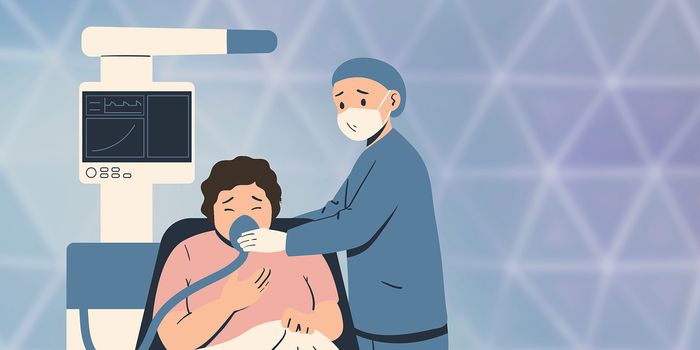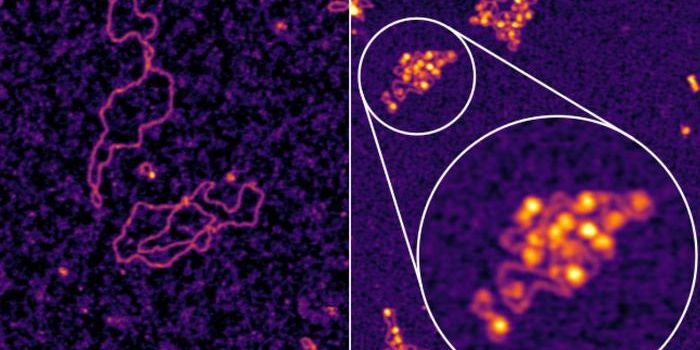How to Read COVID-19 News (Without Going Crazy)
It can feel like COVID-19 news is consuming the country, and taking all the toilet paper and N95-masks with it. News is coming out left and right; Congress and state legislators are passing bills, it’s difficult to contextualize what scientists are learning about COVID-19, and uncertainty of the future is generally reeking havoc on public sanity.
Have you spun yourself up while listing the pros and cons of allowing family or friends to visit, if you’ve both been responsible about staying at home? It’s an exhausting and endless conversation.
Unfortunately, the news is unavoidable and very important during a crisis. If you’re feeling like you need a way to filter the news so that you actually get something out of it- here are some tips so that you can get your news, be well-informed, and not become overwhelmed.
Numbers are a moving target:
Have you gotten trapped in the habit of checking "the numbers" every day? There is the number of infections, the number of deaths, the number of ventilators, and the number of days until things return to normal, among others.
Media is designed to cover developments in science and medicine after theories have gone through years of trial and error, and a superior solution stands out from many possible options. This makes for a simple storyline that involves a problem and a solution seamlessly provided by scientists.
Proposed solutions are constantly changing because hospitals, and scientists are releasing what they learn in real-time, and the vetting of every theory is on display for the public. Data will become more reliable as the various solutions are tested and retested. Have patients; a lab tech somewhere is crunching the numbers.
Focus on real life:
Scientists are working on the virus to provide evidence for every public-policy issue from stay-at-home orders to vaccine production. That public-policy affects every American in some way, so rely on your social network, to understand the translation of policy into everyday life. People who are tangling with legislation first-hand can put policy into context, and help clarify the boundaries of the law.
Luckily if this method of media-filtering helps you digest the news, there are many resources. Six Feet Apart is a podcast hosted by Alex Wagner tells stories of how COVID-19, and the response to it, has impacted individuals. Time also has a series that documents people working in many different industries during the pandemic.
See what's going on elsewhere:
Most people default to either local or national news, which are both entirely consumed by how COVID-19 is impacting domestic issues. It's comforting to know that other countries are trying to solve a lot of the same problems, and hearing a range of approaches. With all of the best and brightest minds in the world working on the same issues, the public is gaining an in-depth understanding of the virus, and it's consequences very quickly. Scientists, economists, activists, and political leaders are pooling their expertise to help everyone.
In the science community, the COVID-19 genome was sequenced and immediately shared all over the world. Global collaboration means that researchers are studying the virus from every angle, and solutions will be available faster than ever. World news shows the good and the bad on a massive stage, and watching the science community work together and lead by example is refreshing and hopeful.
Sources: Slate, Time, NPR, Alex Wagner









